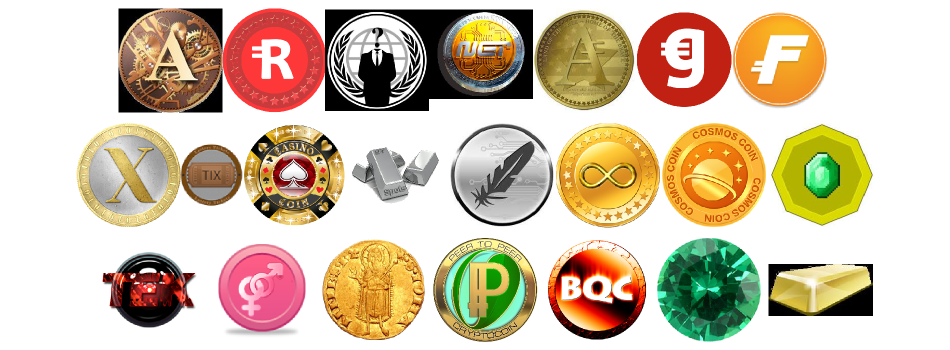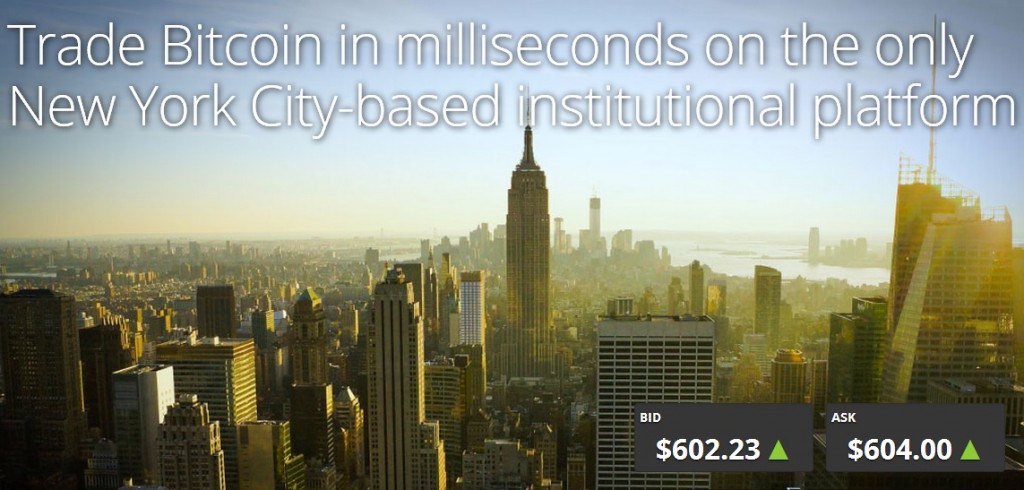Just the name “altcoin” evokes a sense of disdain–altcoin, as in “alternative to Bitcoin,” a copycat late to the scene. Why do we persist in using such terminology when altcoins and Bitcoin are all cryptocurrencies of the same basic category? Many long-time Bitcoiners accuse altcoin developers of pump and dump schemes, longing to be early adopters, and envious of their fortunes.
There are some good reasons to pay attention to emerging cryptocurrencies, however. Like any tool, one size doesn’t fit all, and different cryptocurrencies function more or less effectively in different scenarios. For example, while Bitcoin’s pseudoanonymity strikes a fine balance, there are times when a citizen might wish to have total anonymity; conversely, we might want to use a more traceable solution when it comes to investment firms and tax agencies.
Already, we can see currencies for different purposes emerging. CryptoNote, for example, yields near-total privacy via built-in one-time wallets and group signatures. Dogecoin works great as a mainstream promotional tool for cryptocurrency. Freicoin can be used in situations where deflation is not ideal, and currencies like 4C can be used to tackle political issues like global warming (whatever your position on that particular issue may be).
There are lots different niches for cryptocurrencies to fill, but even if two currencies aren’t readily differentiable, there’s a lot of value in having competition in the cryptocurrency field. In a monopolistic scenario, the developers influential over the leading cryptocoin could become lazy, or worse–corrupt. Most cryptocurrency enthusiasts would agree that the free market is usually the most efficient system, so shouldn’t that apply to Bitcoin, as well?
Critics argue that a plethora of coins will lead to confusion, but the beauty of crypto is that it’s not like traditional infrastructure-based industries: multiple competing power networks leads to a tangled mess, but cryptocurrency wallets are relatively simple programs. One could easily hold varying currencies in a single wallet application, and paying in different currencies at a point-of-sale terminal is one more press of a button. One could conceivably detect which currency is requested by the QR code displayed, making it an easy process.
Another point of criticism is that this will lead to too much volatility in crypto, as investors jump between one coin and another. While it hasn’t become an issue, yet, that’s arguably because altcoins haven’t caught up in market share. While that could be changing soon, there are already plenty of traditional currencies on the planet, so one would think such an issue would have already manifested itself in the fiat realm. Such volatility would make investment in and use of cryptocurrency difficult, but that might be a simple problem for a new coin to solve.
The emergence of multiple competing cryptocurrencies is likely to lead to the development and use of basket cryptocurrencies. As Bitcoin decreases in dominance, people will still want a way to invest generally in cryptocoins, without worrying about variances within the market. By making each basket coin redeemable for an assortment of significanat coins on the market–each in a quantity proportional to the number of that coin on the market–one could efficiently store a fraction of the total cryptocurrency market share.
If that’s still too volatile for everyday transactional use, we can make a coin for that, too–just program its coin production rate to increase or decrease whenever it deflates or inflates (respectively), and set the confirmation time as low as possible. People will use them if they’re necessary to buy things, with or without their investment potential. Unlike traditional industries prone to monopoly, it’s in the nature of crypto to promote the free market; Bitcoin having to contend with competitors is not a matter of if, but when–and how.
The post The Role and Future of Altcoins appeared first on Bitcoin Magazine.














